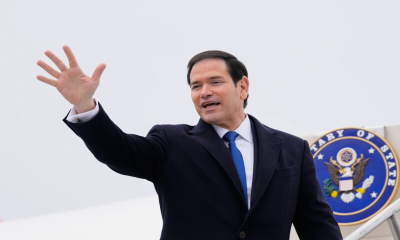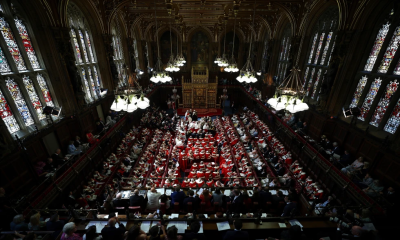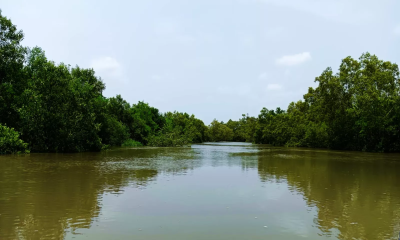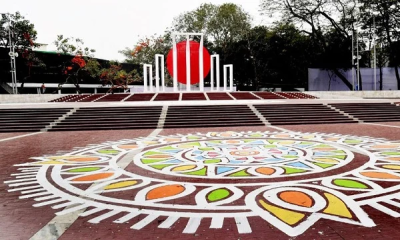For the second day in a row, Indian Income Tax officials have searched the offices of the British media BBC in Delhi and Mumbai. The BBC aired a documentary on Indian Prime Minister Narendra Modi and the 2002 Gujarat riots. A few weeks after that, tax officials raided BBC offices in Delhi and Mumbai on Tuesday. After conducting the raid on the first day, they started searching the office on Wednesday as well.
According to NDTV, in such a situation, the BBC authorities have asked the staff of all other departments except the broadcasting department to work from home for the time being.
According to the BBC email, its up to BBC staff to answer personal income information when tax officials ask for it. But if they want to know other information related to salary, they should say so. The BBC also advised staff to `cooperate` with tax officials.
The mobile phones of the journalists present in the office were seized on the first day. NDTV said that tax officials are conducting raids in those two offices on Wednesday as well.
Tax officials have said they will investigate allegations of various tax-related irregularities at the BBC office, including taking advantage of unauthorized tax exemptions, tax evasion, and shifting profits.
On Wednesday they will investigate the BBC`s bank accounts as well as question its senior officials.
Meanwhile, the BBC documentary questions Modi`s leadership and role in the 2002 Gujarat riots. At the time of the riots in Gujarat, Modi was the chief minister of the western state.
After the airing of the documentary titled `India: The Modi Question`, politics in India also became warmer. When a huge controversy started across India, the government said that the documentary was a `fake propaganda` aimed at spreading controversial stories.
The documentary was only broadcast on UK TV, but the Indian government tried to block its share on social media. The central government of India ordered the removal of the documentary from social media. Twitter, YouTube were asked to delete all related tweets and videos.
When an uproar started in India, the opposition arranged to show the documentary in various places, ignoring the government`s orders. Students started showing the documentary in the university premises. They also got into a dispute with the authorities about it. Last month, the Delhi Police also arrested students who had gathered to watch the documentary.
The Editors` Guild of India said it was deeply concerned about the raids at BBC offices. This is due to the tendency to use government agencies to `intimidate and harass` media critical of government policies or institutions.



-20260220065859.jpeg)
-20260219110716.webp)
-20260219054530.webp)


-20260218060047.jpeg)




-20260221022942.jpg)
-20260221022827.webp)






















